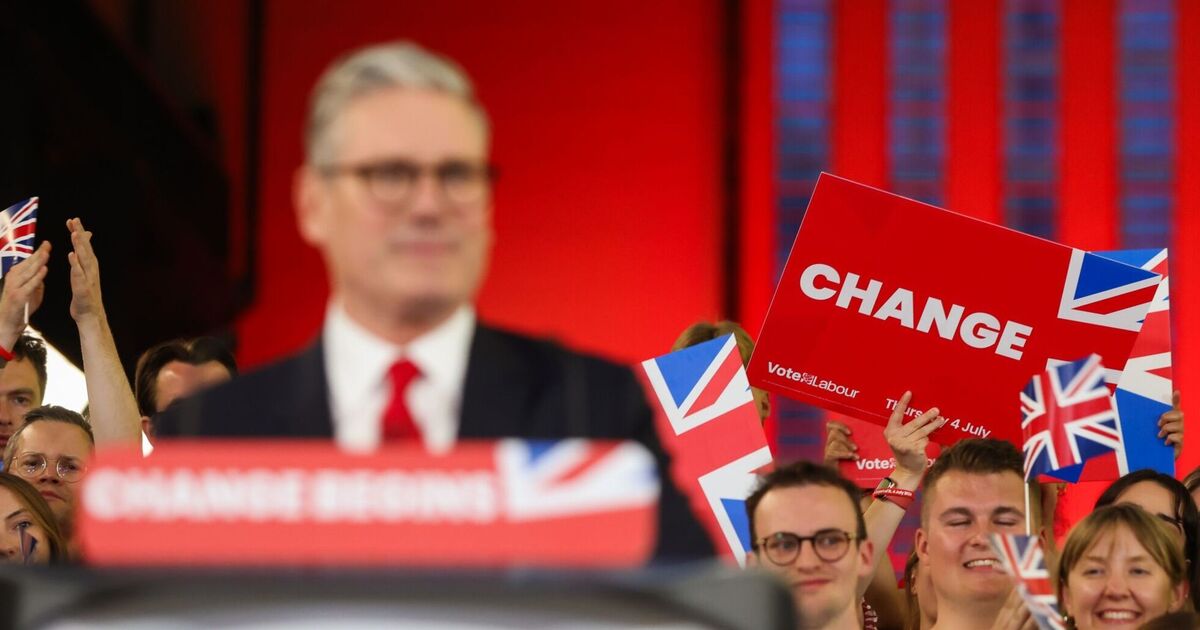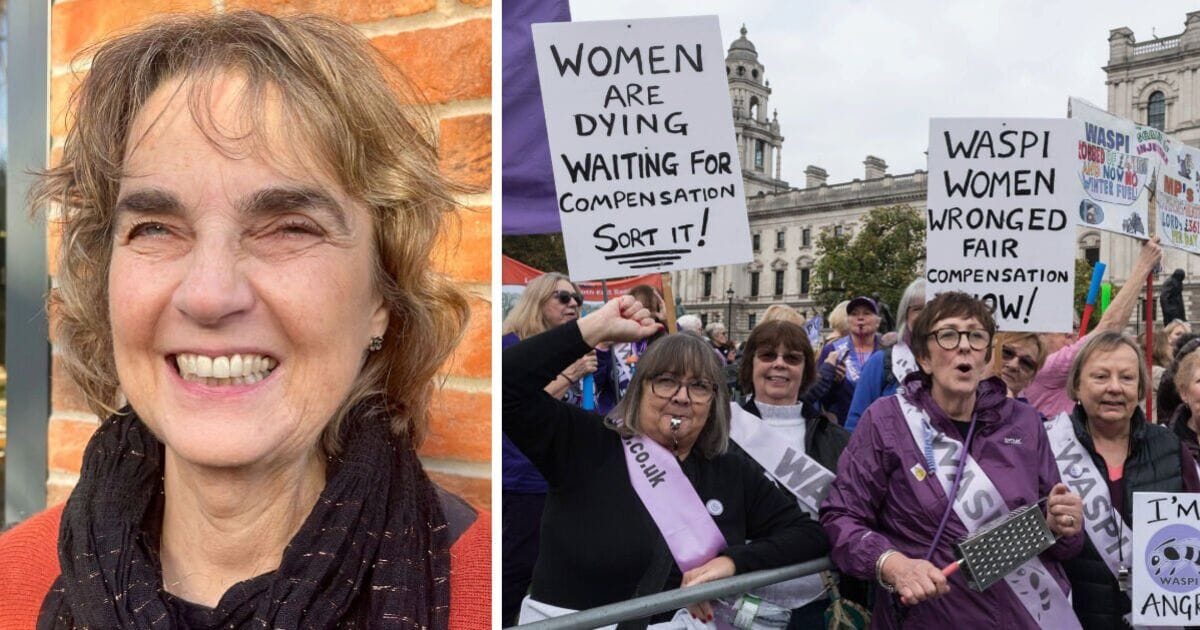Labour has triumphed in the general election, paving the way for Sir Keir Starmer to take the reins as the UK’s next Prime Minister. The nation now turns its gaze to the potential tax reforms on the horizon under Labour’s governance.
Tax expert Ben Chaplin, Managing Director at Croner-i, weighed in on the matter: “We can expect Labour to move quickly when it comes to setting the financial agenda for the new government. They’ve committed to one major fiscal event a year ‘giving families and businesses due warning of tax and spending policies’. It’s likely that we will see the UK’s first ever female Chancellor Rachel Reeves present her first Budget in just 10 weeks.”
Chaplin also highlighted Labour’s manifesto pledges regarding taxation, noting: “Labour’s key manifesto announcements on tax are targeted tax hikes, aimed squarely at wealthier voters, including:”.
He further elaborated on the timeline and implications of these proposed tax changes: “The first of these has caused a stir but the proposed timings for its introduction are not clear. As measures would become law only after being passed by MPs in their first Finance Bill and, given that the retrospective taxing of fees seems out of scope, the earliest possible opportunity for changes to take effect would be the start of the spring term in January 2025. But rather than starting halfway through an academic year, it has been suggested that these changes will not come into effect until September 2025.”
Chaplin concluded with a cautionary note about the complexities schools will face and the unanswered questions surrounding the exact nature of the VAT changes: “Schools will face a myriad of VAT complexities and there are many questions yet to be answered on the precise scope of the changes.”, reports Birmingham Live.
“Labour have ruled out income tax, National Insurance and VAT increases, but have not made the same promise on capital gains tax. There is no commitment either on pension tax relief although the earlier stated intent to reintroduce the lifetime allowance was not included in the manifesto.”
“During the campaign there were much publicised claims from the Tories that a Labour win would mean a £2,000 tax rise for every working family, which Sir Keir Starmer strongly denied. We shall have to wait and see what the pledge to not raise taxes on working people means for other areas as they look to fund their manifesto commitments.”
“Businesses will be pleased with the promised ‘certainty’ around corporation tax, and we can expect to see it capped at the current 25% rate through the next five years. They will publish a roadmap for business taxation for the next parliament, which will allow businesses to plan investments with confidence.”
“We can expect to see changes to the current business rates system which, Labour says, disincentivises investment, creates uncertainty and places an undue burden on our high streets.”
“For small businesses, there is a commitment to the annual investment allowance and a full expensing system for capital investment. Labour have also pledged to give clarity around allowances to help businesses make informed decisions around investment.”
“Another key area is a crackdown on tax avoidance with plans to recover £5bn from non-compliance. This will require additional funding for HMRC which is currently plagued by unacceptably low service standards and a pressure to cut costs in order to meet its current funding position.”
“We also know that there will be a new £1.2bn windfall tax on oil and gas companies to part-fund Great British Energy, a publicly owned clean power company.”









